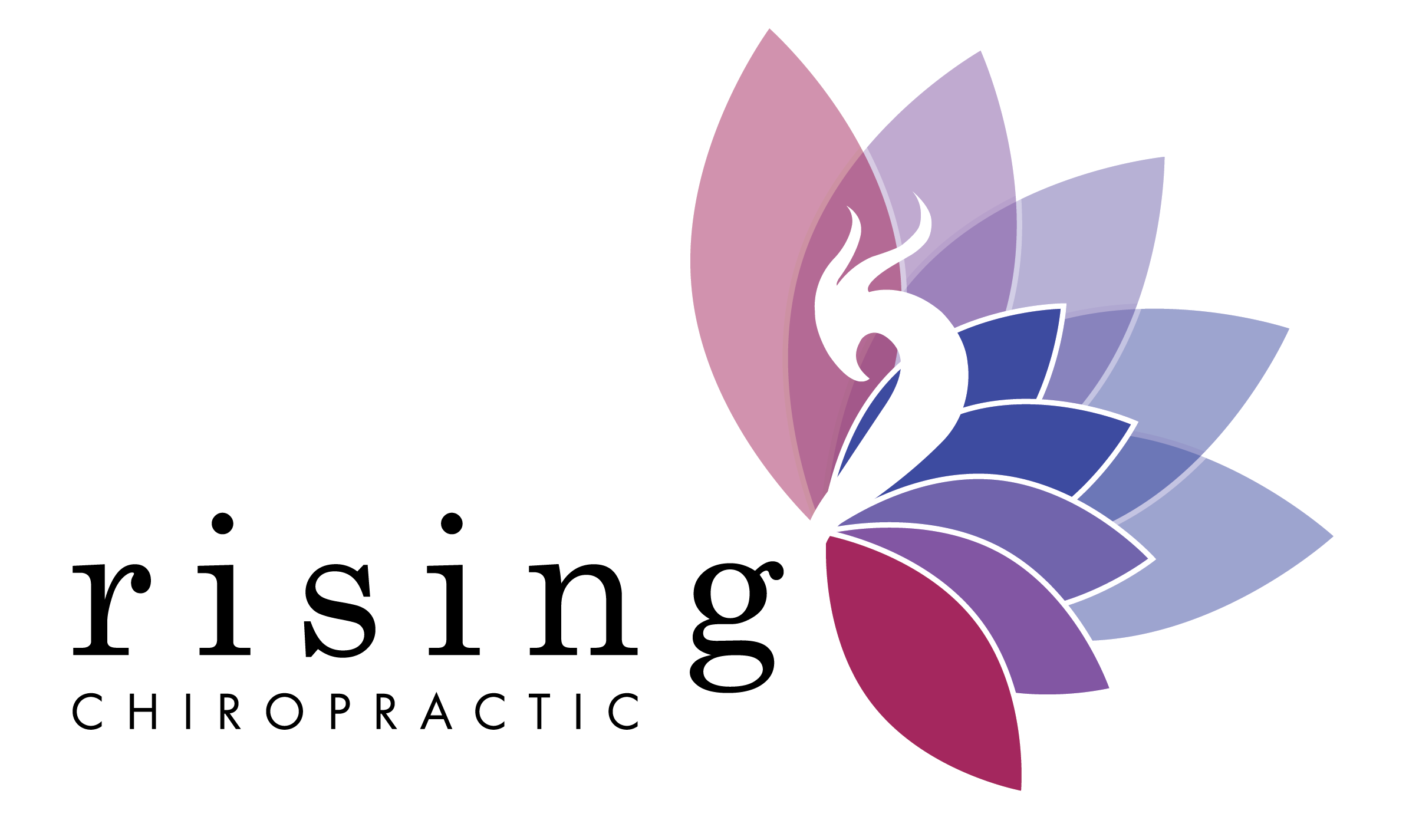Designed & Boosted by My Social State
Your Pain Is Good For You [Say what??]
How many times have you had a headache or stomach ache, or back ache and just wished for the pain to go away? Pain is uncomfortable and living in pain is definitely no fun. So, what do most people do? Usually, they numb the pain with drugs—over the counter, prescription, and if the pain is bad enough and goes on long enough, they may turn to something else more serious.
Don’t get me wrong, pain is important and serious. Relieving pain has become a big business, with Americans spending BILLIONS trying to get rid of their pain, and Big Pharma reaping over $1 TRILLION in profits per year! In fact, chronic pain is the #1 reason that people visit our office seeking help.
In our practice, we are compassionate toward those who are in pain. Living in chronic pain affects every single facet of a person’s life, from work to hobbies to home and parenting. The reality is, however—PAIN ISN’T THE PROBLEM!
Naturally, one who is in pain wants to be out of pain. And they want to be out of pain as quickly as possible. The question is, though, why is the pain there in the first place? So, while we are compassionate to the effect pain has on a person’s life, we are interested in correcting the cause of the pain, versus just making it go away. That is where the difference is made.
You see, pain is one way your body communicates with you. Pain exists to warn us of some limitations in our bodies. For example, if you accidentally touch a hot stove, your brain will activate pain sensors in your hand to warn you of the danger and force you to jump away from the heat. Another example is bending your fingers backwards. When you do this, your brain will alert you when you are getting too close to the limit of its range of motion. This warning compels us to stop bending any further to avoid a more serious injury.
You see, life without pain may sound good, but pain is essential for our health and well-being. Clearly, if you are bending your fingers too far backwards, you are going to stop doing that to stop the pain. If you couldn’t feel pain, you might break your fingers.
There is a condition called Hereditary Sensory and Autonomic Neuropathy Type IV, which is a rare genetic disorder that begins in infancy and is characterized by an inability to feel pain and inability to sweat. I grew up with a boy who had this condition. He was a risk taker from a young age, afraid of little, because he could never feel the consequences of his actions. One day in high school while showing off for his friends, he repeatedly punched a wall until he had broken his knuckles. He didn’t even wince.
Now, most of us would never intentionally cause damage to our bodies, even if we could not feel pain. But this story is an excellent illustration of just how important pain is in our daily lives. Pain tells us to stop what we are doing and do something different to avoid more danger. If we don’t, bad things can happen.
Imagine, though, if you didn’t really know the cause of the chronic pain you live with. What if the pain was not in response to danger, as with fibromyalgia, complex regional pain syndrome or other pain syndromes? What are we supposed to do with that kind of pain? Is THIS the type of pain you cover up with drugs?
No. Pain is a way your body communicates with YOU. You have your INNATE INTELLIGENCE that is always working to keep you alive and functioning optimally. It is the wisdom within you that KNOWS what to do for you at all times. While you may not understand the source of your pain, that pain is signaling you that something needs your attention. Be it a headache, muscle aches and tension, or pins and needles—all of it is an alert that something somewhere within is amiss. That pain is your Innate Intelligence telling YOU that it needs YOUR HELP to correct it. Because we are self-healing beings, some problems involving pain can resolve on their own, such as stomach aches, a cold, or a laceration. But if the pain involves the bones, nerves, and muscles along the spine, it is different. It might start out small—sometimes so small we would likely ignore it if we weren’t in tune with ourselves. But over time, your Innate will speak with greater volume and urgency until you finally pay attention and do something about it. One problem can lead to another problem, and these problems cascade into more serious issues over time. When the joints of your spine malfunction—or SUBLUXATE—your body will respond by depositing calcium to splint the area and “mend” the spinal joint. With time, if left uncorrected, the calcium builds up enough to nearly fuse the bones together, reducing mobility, and producing nerve tension and loss of vitality.
This leads to chronic pain, which prompts people to take a pill to numb the pain. If it works (and it only works on some people, sometimes), the drugs merely fool your body into believing there is no problem. The pain drugs don’t make the source of the pain better—the problem continues to fester while you no longer feel it. This may work for you—for a while. Over time, the dosage must be increased to continue to quiet the pain signals that continue to cry out. Besides addiction, ongoing drug use can lead to other serious problems.
You see, as your body attempts to eliminate the drugs (a foreign substance to your body) from your system, it may cause damage to the kidneys, liver, and stomach. At this point, you are dealing with more than pain. What started out as a small cry for help has become your entire body in dysfunction.
All of this can be avoided by addressing the underlying spinal problem that created the small cry to begin with. In fact, addressing the spine when there is no pain—as with newborns, infants, and children—lowers the risk of living with chronic pain in the future. As the spinal joints move better and the nervous system functions optimally, the self-healing and self-regulating capacity of the body is optimized. In those with chronic pain, symptoms improve over time—and it does so naturally without the dangerous side effects of drugs.
Info@risingchiropracticevans.com
PHONE
(706) 524-8077
ADDRESS
625 Ponder Place Drive #2
Evans, GA 30809

HOURS
Monday:
9:00 AM - 11:00 AM
3:00 PM - 6:00 PM
Tuesday:
2:00 PM - 6:00 PM
Wednesday:
9:00 AM - 11:00 AM
3:00 PM - 6:00 PM
Thursday:
2:00 PM - 6:00 PM
Fri, Sat, Sun: CLOSED

